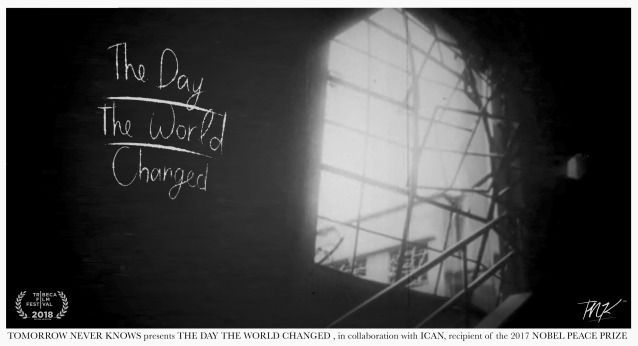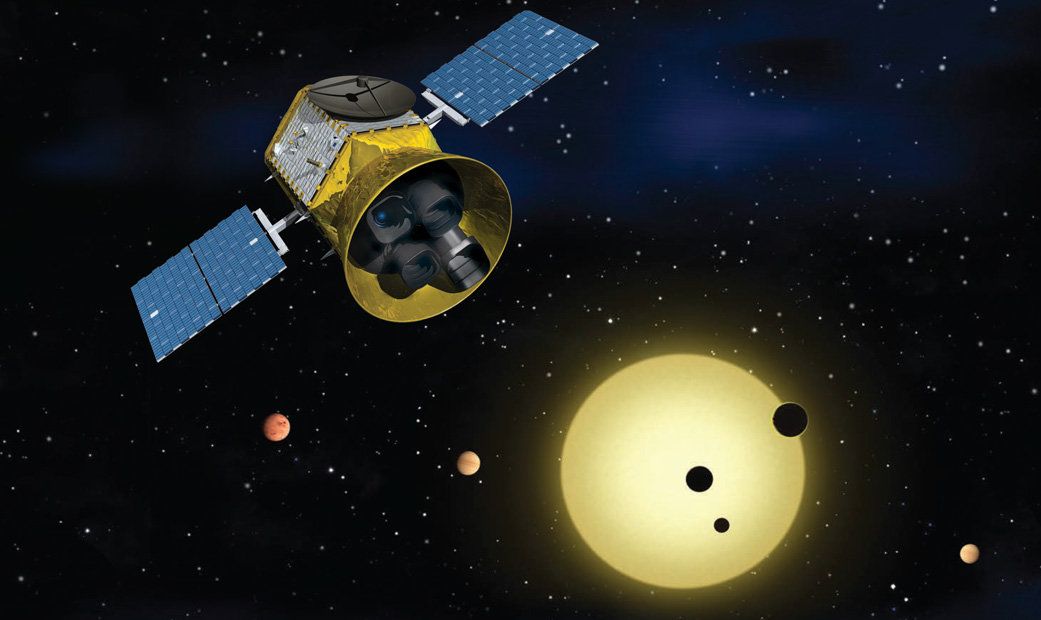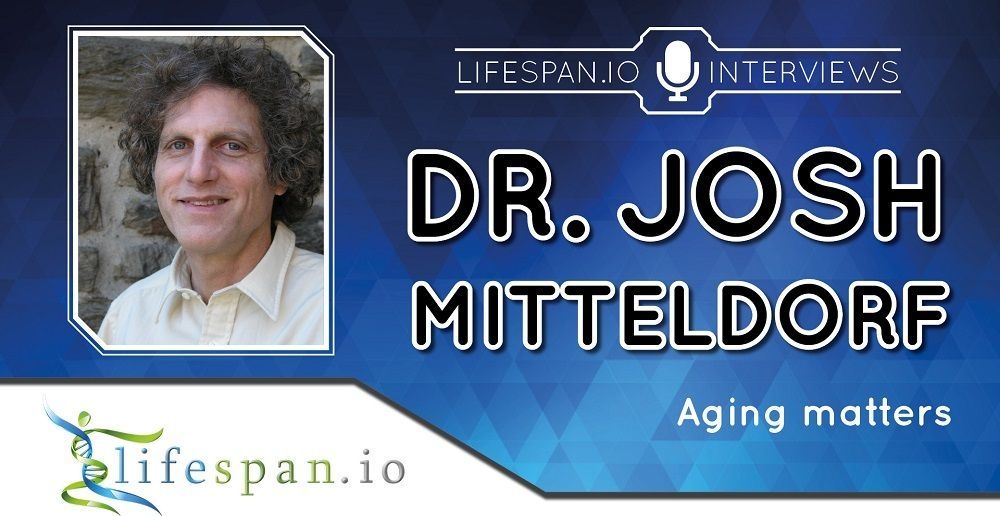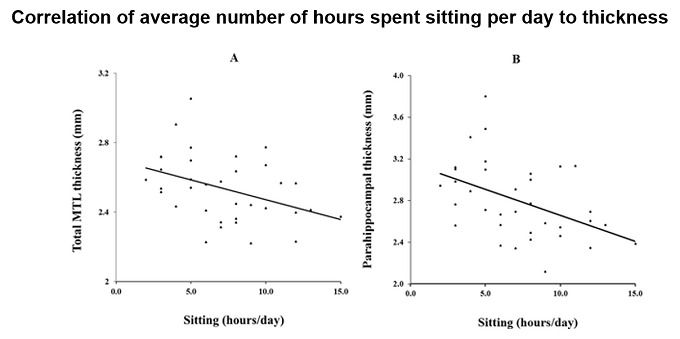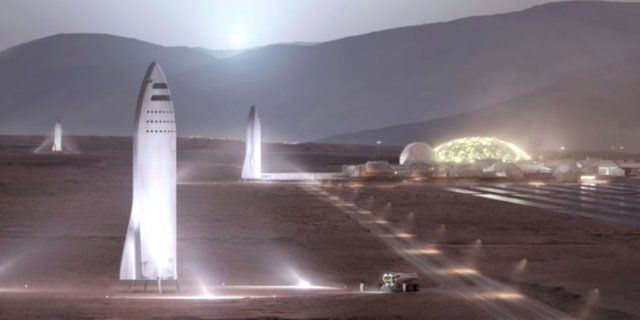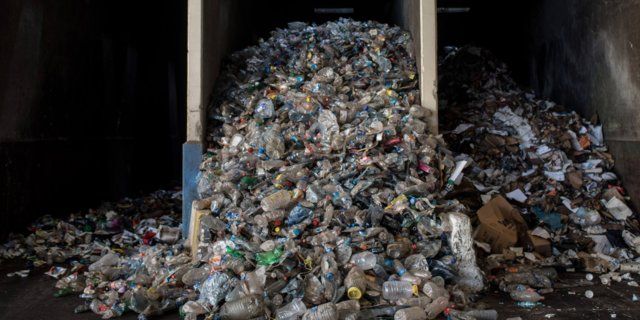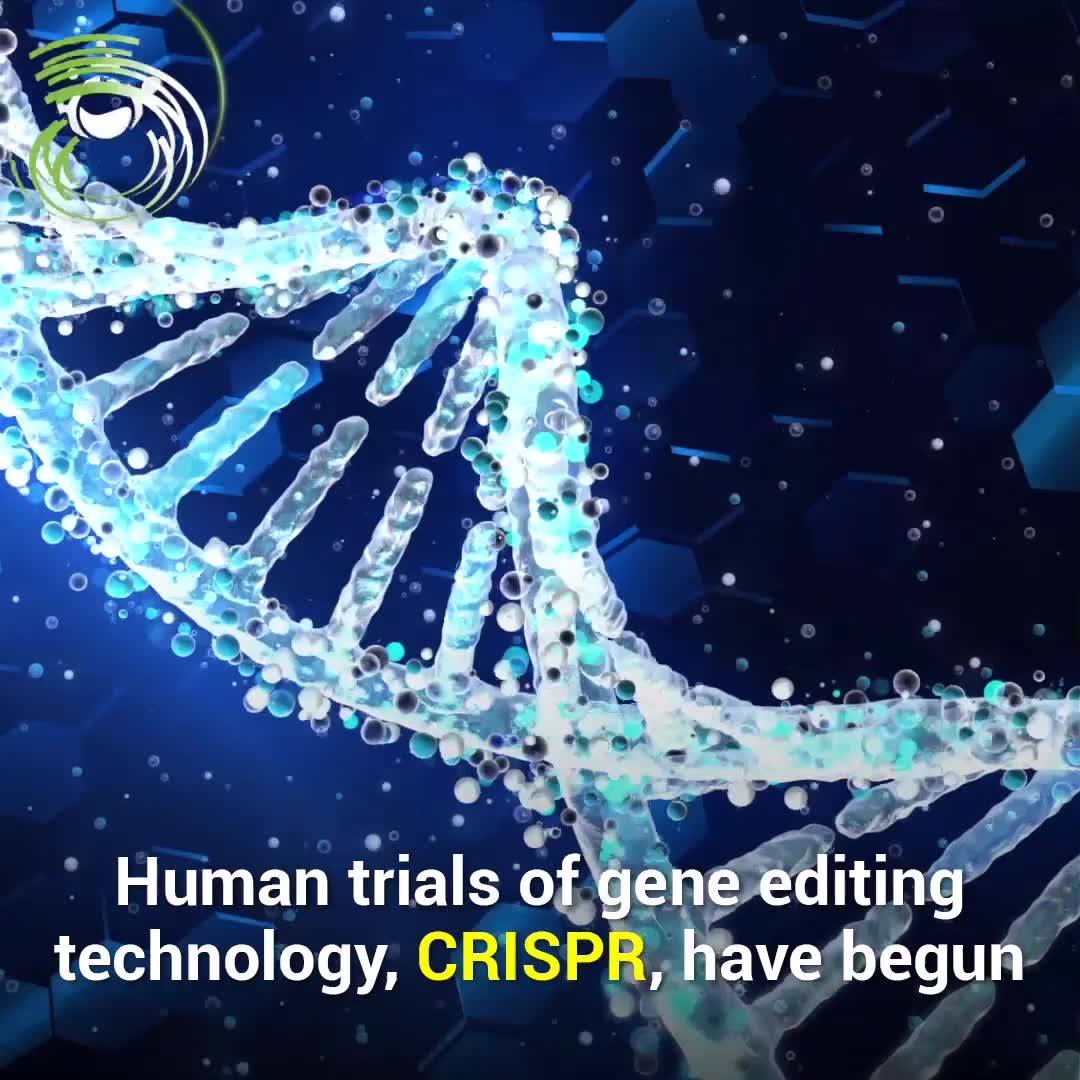Apr 17, 2018
Discovery VR, Oculus Veterans Launch New AR/VR Studio Tomorrow Never Knows (EXCLUSIVE)
Posted by Genevieve Klien in categories: augmented reality, robotics/AI, virtual reality
Four virtual reality (VR) veterans from Discovery Digital, Oculus Story Studio and Lightshed officially launched their new company out of stealth mode in San Francisco this week. Dubbed Tomorrow Never Knows, the new studio aims to use virtual and augmented reality as well as other emerging technologies including artificial intelligence for groundbreaking storytelling projects, said co-founder and CEO Nathan Brown in an interview with Variety this week.
“The thesis behind the company is to consistently violate the limits of storytelling, forcing the creation of new tools, methodologies and workflow and to do this intentionally so we create original creative and technology IP,” he said.
Before founding Tomorrow Never Knows, Brown co-founded Discovery VR, which has become one of the most ambitious network-backed VR outlets. Also hailing from Discovery VR is Tomorrow Never Knows co-founder Tom Lofthouse. They are joined by Gabo Arora, whose previous work as the founder of Lightshed included VR documentaries like “Clouds Over Sidra” and “Waves of Grace,” as well as Oculus Story Studio co-founder Sachka Unseld, the director of the Emmy Award-winning VR animation short “Henry” and the Emmy-nominated VR film “Dear Angelica.”
